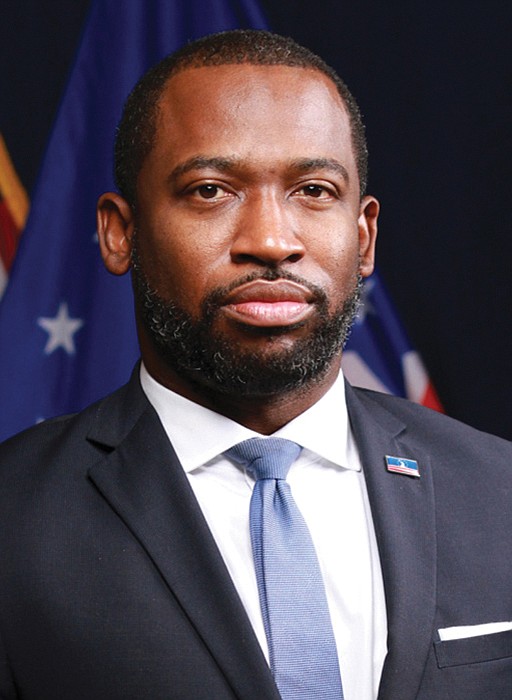Affordable housing for whom?
Jeremy M. Lazarus | 4/6/2023, 6 p.m.
Next week, City Council plans to declare an affordable housing crisis in Richmond as rents and house prices soar, leaving many with below average incomes unable to afford housing.
However, neither the council nor Mayor Levar M. Stoney who has pushed the resolution to be voted on Monday, April 10, plan to mention the ways he and the governing body have quietly reduced funding to support development of housing for families with incomes of $40,000 or less a year.
For example, with council’s backing, the mayor has ignored a 2020 ordinance requiring general fund dollars to be used for affordable housing.
The result has been to strip a total of $6.1 million from the city’s Affordable Housing Trust Fund (AHTF) that provides last-dollar financing for affordable housing developments, according to city budget documents.
In addition, with council’s support, the mayor instead plans to have the city borrow $10 million a year in each of the next five years for affordable housing.
The $50 million to be raised by selling taxable bonds over the five-year period, is projected to cost $138 million to repay, including $88 million in interest, according to Lincoln Saunders, the city’s chief administrative officer.
In other words, the city plans to spend $1.76 in interest for every $1 raised to support development of affordable housing, an unusual scenario.
City Hall, with council support, has invested in affordable housing. In each of the past two fiscal years, 2021-22 and the current 2022-23, the Mayor Stoney, with council approval, has provided $10 million in support of affordable housing creation.
The total of $20 million for the two years came from the $156 million in federal American Rescue Plan funds the city, the mayor has said.
Martin Wegbreit, director of litigation for Central Virginia Legal Aid Society and a member of the AHTF board, said that the city could have done more by adding the $6.1 million in general fund money to the ARP dollars.
Without any funds, the AHTF has essentially become a dead letter.
In January, 6th District Councilwoman Ellen F. Robertson, who championed the AHTF’s creation in 2008 and lobbied for increased city funding for affordable housing, told the AHTF board that there was no need for a supervisory trust fund for affordable housing “when there is nothing to supervise” due to a lack of funds.
It was not supposed to be that way. Back in 2020, Mayor Stoney announced and the council approved his plan to provide a dedicated stream of general fund dollars to the AHTF.
The goal of the mayor’s plan was to finally build the Trust Fund into a $10 million a year operation by 2025 using general fund dollars from unique source.
The funding was to come from a now revamped program that promoted rehabilitation of blighted property by offering a partial exemption from city real estate taxes for up to 10 years for apartments, homes and commercial properties.
Essentially, owners who invested in improving properties were exempted from any increase in real estate taxes for up to seven years before starting to pay higher tax bills.
According to a 2017 audit report, the program resulted in $11.1 million a year in tax abatements for 7,400 properties, or about 10 percent of the 72,000 properties that the city assessor’s office values each year for tax purposes.
As properties rolled off the program over time, the plan called for taking the difference between the old tax payments and the new tax payments and shifting that money to the AHTF.
The roll-off dollars from a past year would continue to flow into the AHTF, with the next year’s roll-off dollars adding to the amount. For example, if the roll-off amounted to $2 million in fiscal 2021-22, that money would continue to flow to the AHTF each year, with new roll-off funds from fiscal 2022-23 and each additional year thereafter adding to it.
But the council did not carry out that approach.
In the fiscal 2021-22 budget, the council designated $2.4 in roll-off money to a special reserve that it could transfer to the AHTF. However, the council never used its authority to make the transfer.
In the 2022-23 fiscal year budget now in effect, the council did not designate any money to go to the special reserve for AHTF. The amount was projected at $3.7 million, but without being part of a line item, it could never be available for the AHTF.
In addition, the council appears to have failed to enforce a requirement that Assessor Richie McKeithen submit an annual report stating the amount of dollars that the roll-off would produce. No report appears to have been produced or made public.







